An '80s Boy
Here you'll find a few chapters from my soon-to-be-published book, An '80s Boy - Tales from Childhood. If you know of publishers that you think would be interested, please email [email protected]. Thank you very much, and I hope that you enjoy these stories.



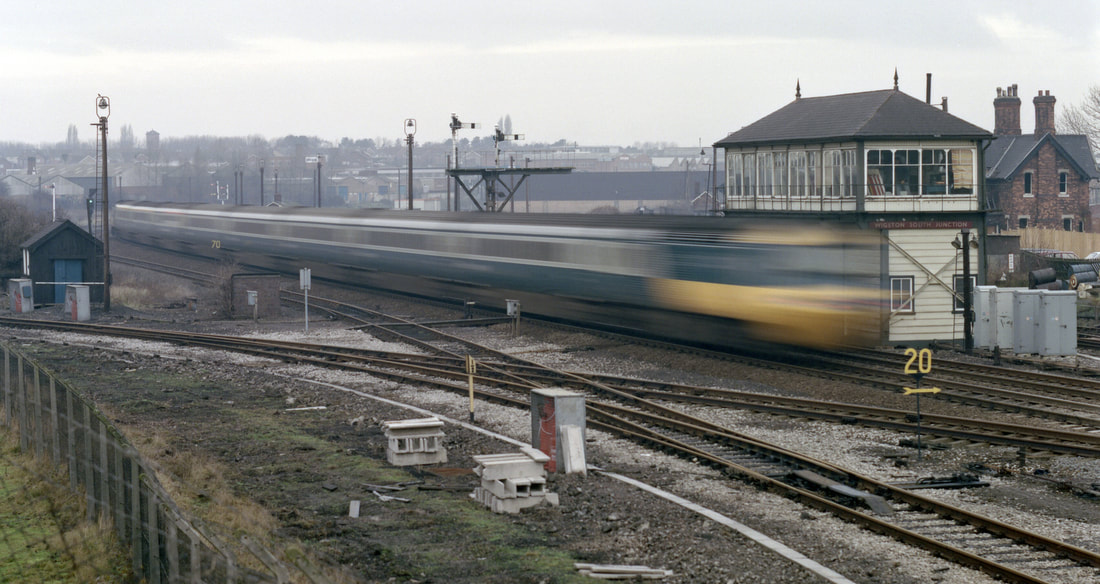
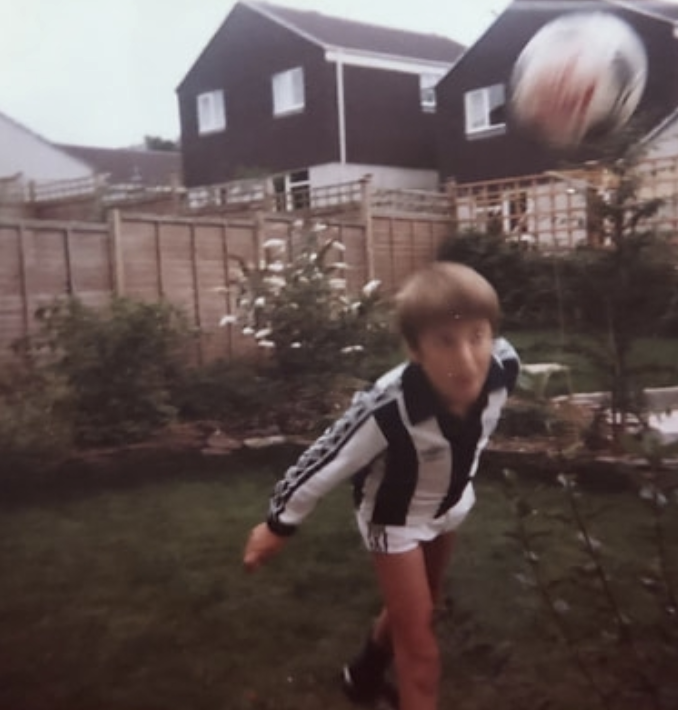
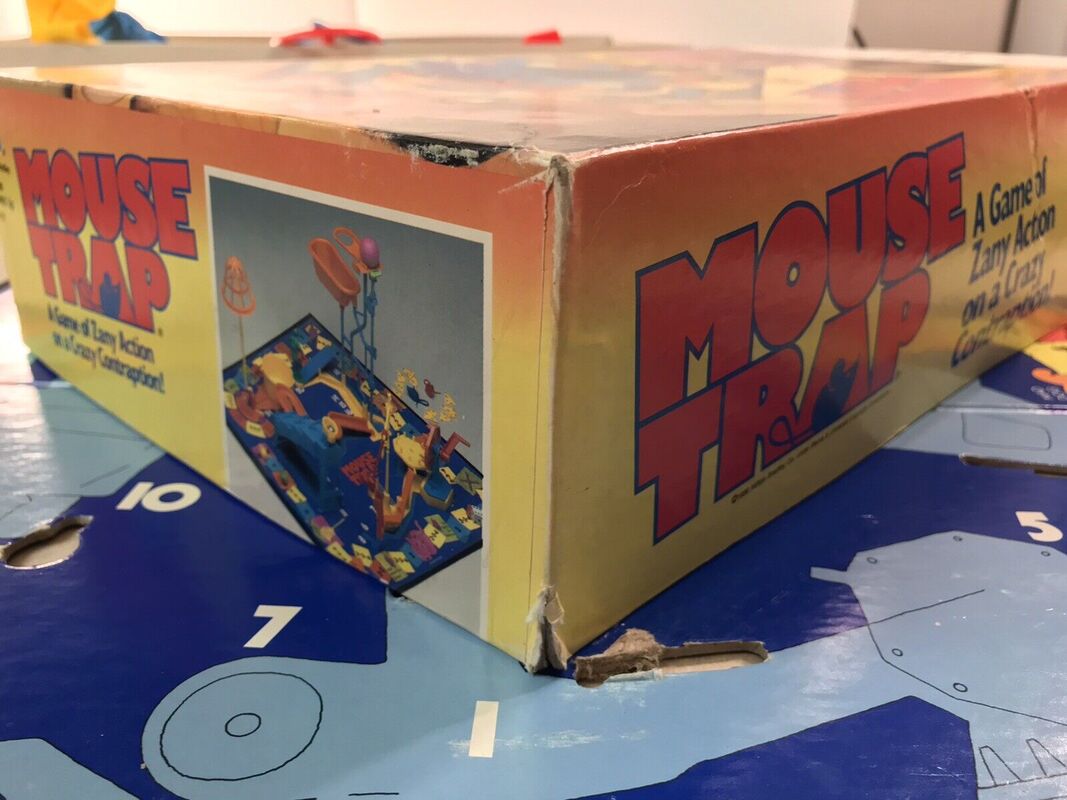
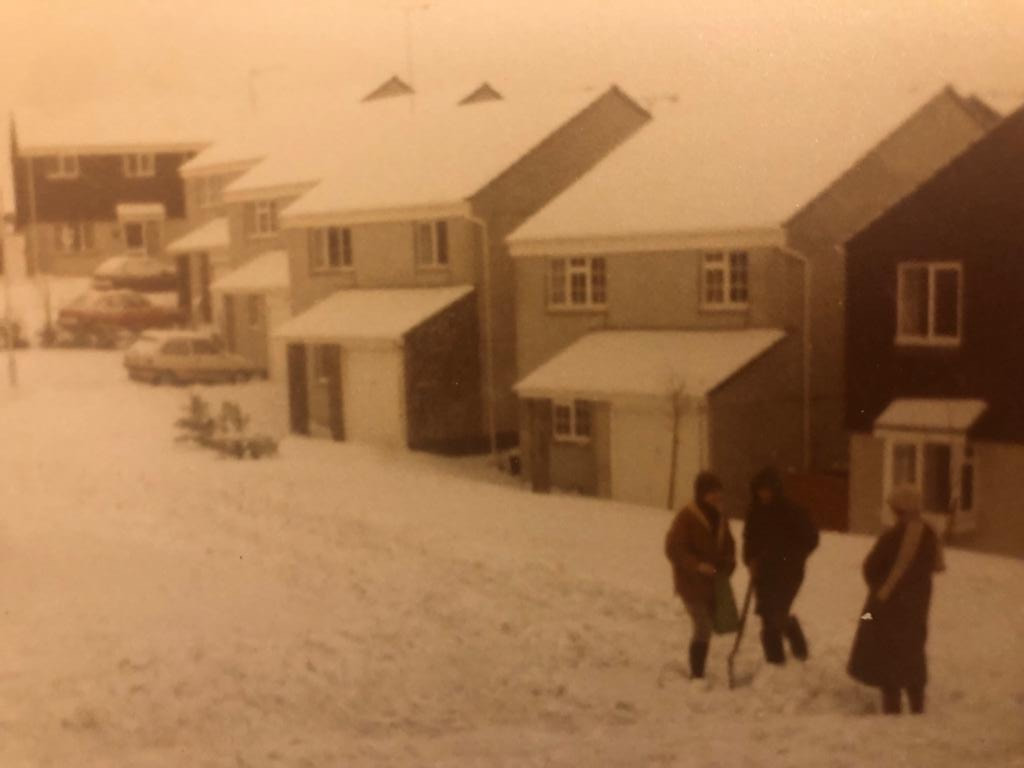
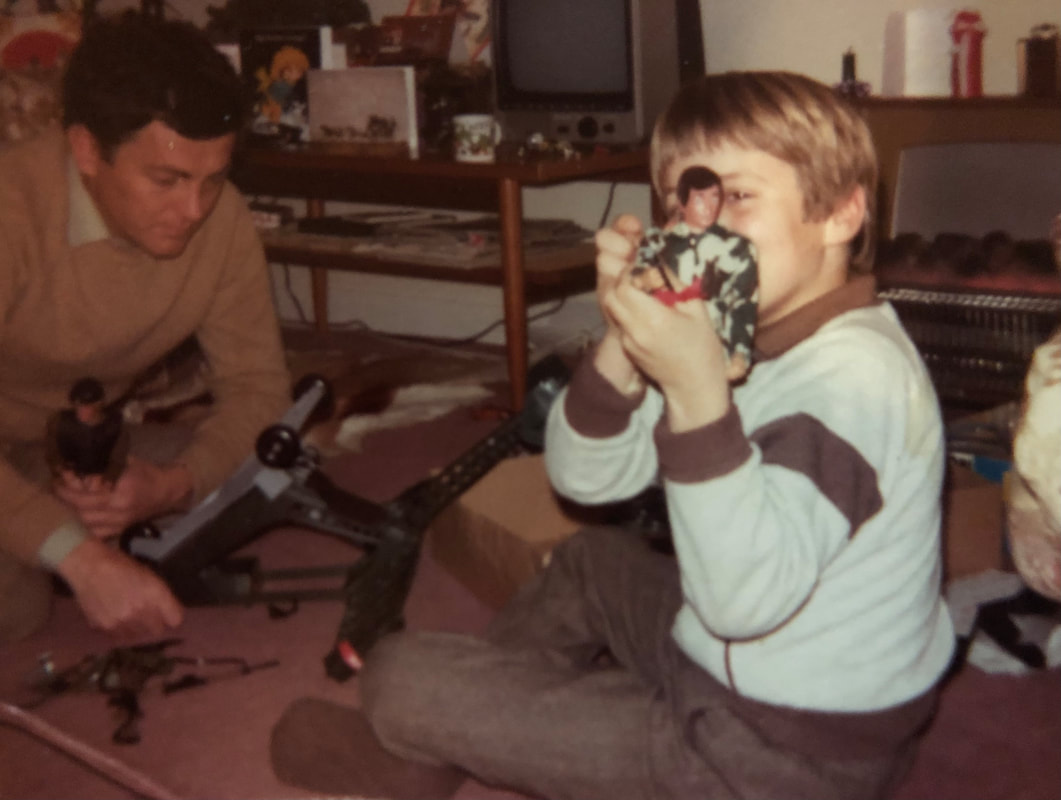
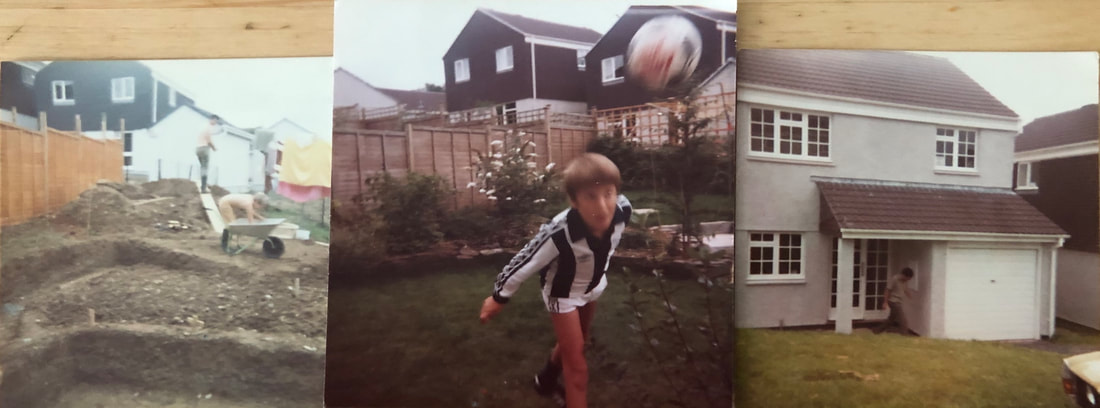

 RSS Feed
RSS Feed